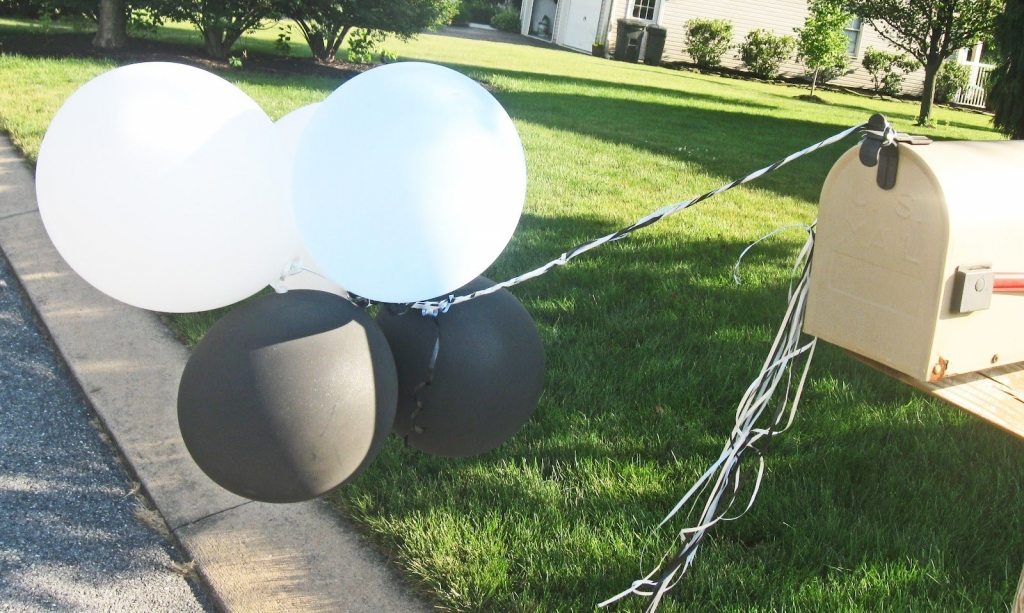How to Organise an Event
Planning business, meetings and events requires multitasking skills and ingenuity. To succeed, you need to know the basics of meeting or event planning and how to plan effectively. You have to cover all the basics from reviewing the content of the meeting to accommodating the attendees. Here is some of the basic steps you’ll need to follow when developing an event. We hope the following provides a starting point for your event planning.
1. Idea and concept
First do some strategizing and set some goals before you begin. What is your mission? What is your strategy? What specific goals do you want the event to achieve? Once you come up with an event idea, leave yourself some room for modification and development of the idea. Once you finalise the idea, move on to developing the concept of the event. The concept will give you more competitive advantage, it is what will make your event stand out from similar ones. The event concept can include things like design, collaboration and partnerships with companies, technology, location, and others.
2. Budget Determining
Very important things that should be on your mind before planning an event is the budget.
All possible sponsors, incomes, expenses, and contingent expenses should be constitute. Be realistic about that... Also, having a set budget will narrow your choices for, catering, entertainment...
3. Set a Date
This is the most important thing when it comes to your event.
Give yourself enough time! Ideally, you should have 4-6 months to plan (depending on the nature of your event). You want a time when everyone will be free:Be aware of statutory and religious holidays
- Be aware of statutory and religious holidays
- Avoid school holiday time periods (e.g., winter, spring and summer holidays)
- Check dates with key participants – e.g., speakers, presenters, VIP guests, etc.
4. Determining your Audience
Another crucial step in planning an event is determining your target audience.
Determining the audience for your event should never be underestimated. So, ask yourself these questions: Is my event niche, and will specific types of individuals/businesses show up? Previously, what audience have the event speakers I have in mind attracted? Also, knowing the age group and likes/dislikes of the audience that will attend your event can assist you in deciding what type of food to serve, which type of entertainment to have, venue of the event,etc.
5. Find the right venue
You want to choose a venue that is neither too large or too small for the number of people that will attend.
You also want to choose a venue that fits your theme and also fits into your budget. Keep in mind that certain venues need booking, so you need to contact the place you're thinking about using as soon as possible.
6. Make a team and assign roles to your staff
When planning an event, it is a good idea to assign different roles to your staff.
There are numerous roles to be held including, but not limited to:
- Technical Helper: You don’t need a rocket scientist - just someone who knows computer basics and can make sure it’s working.
- A treasurer who will keep track of the budget, all money spent, receipts, money earned, and contracts.
- A contact person who will contact all vendors, such as caterers and entertainment.
- A marketing person who will distribute advertising, contact media, and promotions.
Meet with team members and volunteers to brainstorm any problems that might arise. Make sure the team does not have any internal problems. Stay in touch with all team leaders as well as team members.
7. Create a Publicity Plan
You're probably on Facebook and Twitter, but there's a ton of other websites you can use, too. Eventbrite, Evite, and Meetup, etc.
And of course, your website,blog or Facebook page. You can send out reminders, set up pictures, and monitor RSVPs. Website design can actually drain half of your budget. Many solutions like Wordpress and Wix offer great services for creating a customised website. You won’t need any extensive HTML knowledge.
8. Find Sponsors
When doing your event planning, recognize that corporate sponsorship is a form of brand advertising. You need to consider carefully which companies and organisations will be interested in sponsoring your event and what are the benefits this sponsorship offers them. Events are often planned and venues are chosen solely based on the needs of the participants and spectators. If possible, chose a venue with the sponsor’s needs in mind. You may even go a step further and plan the event with potential sponsors. Ask them how you can accommodate their needs.
9. Make arrangements for everything
Make arrangements for food and refreshments. Check for participants who are vegetarian or have other specific dietary needs. Prepare for special accommodation such as for those who have disabilities etc.
Make arrangements for chairs, tables, speakers, microphones, backdrops, computers, LCD projectors, podiums...
10. Set everything up
Balloons on the mailbox, a posterboard on the corner? Why not.
Welcome banners and other info in front of the building will be especially useful. You want people to be able to see from the street that that's the place they should be.
Make a reception and registration counter. Otherwise they'll be floating around unsure and ill at ease. And have someone at the door to welcome them in and answer their questions.
Put on some music! It can kill any awkwardness!
Lastly, ENJOY! This is your event so don’t forget to have fun!









